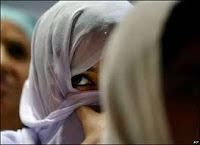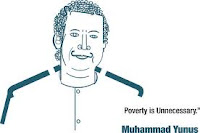Peers from Penn State develop video pitch

A quick kudos to our peers in Penn State's Humanitarian Engineering and Social Entrepreneurship program who have just developed a short video pitch for People-First Tourism. We will use this video pitch to recruit partners in Kenya and Tanzania for the pilot implementation of our system in East Africa. People-First Tourism video pitch on Youtube Please do check it out and let us all know what you think. And stay tuned about our efforts to launch the People-First Tourism system in select regions globally this year.











